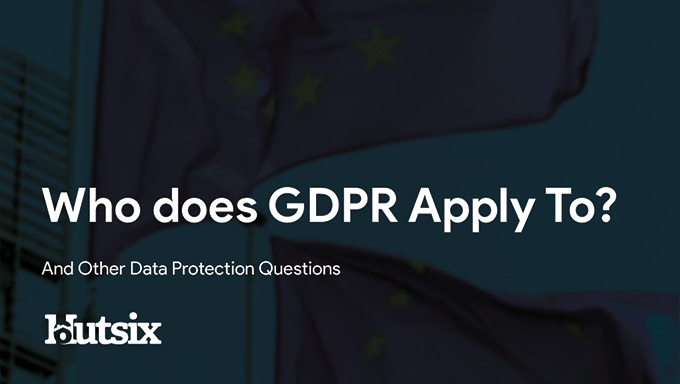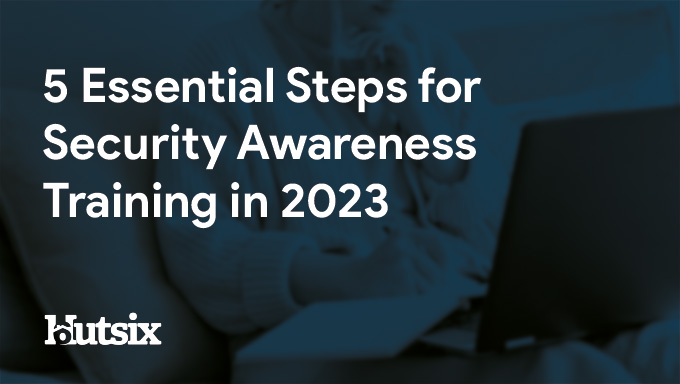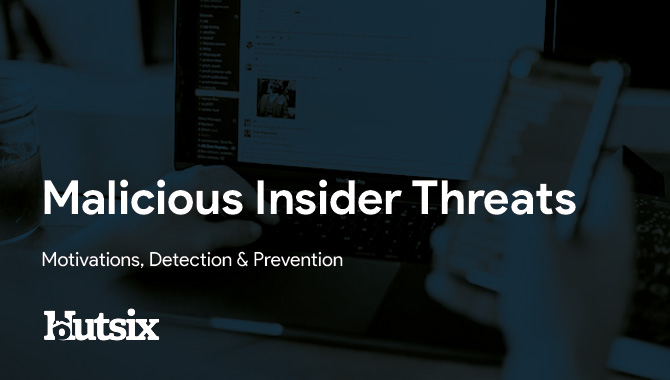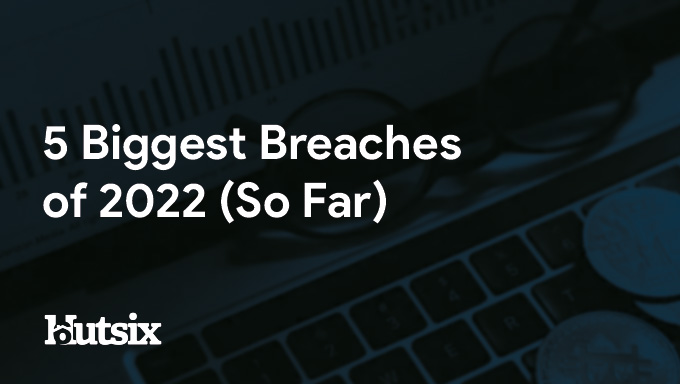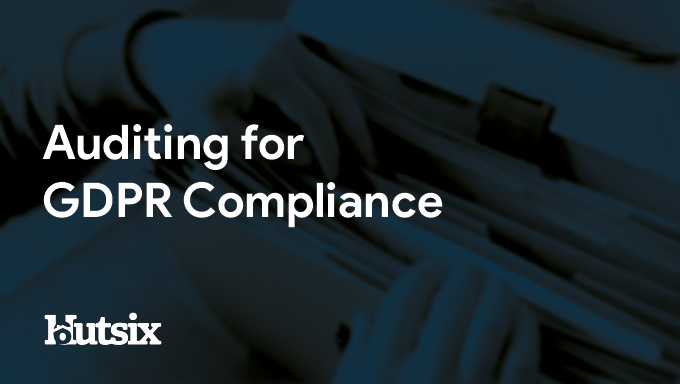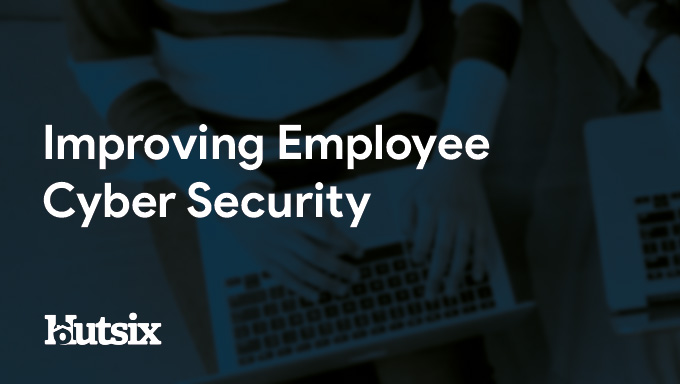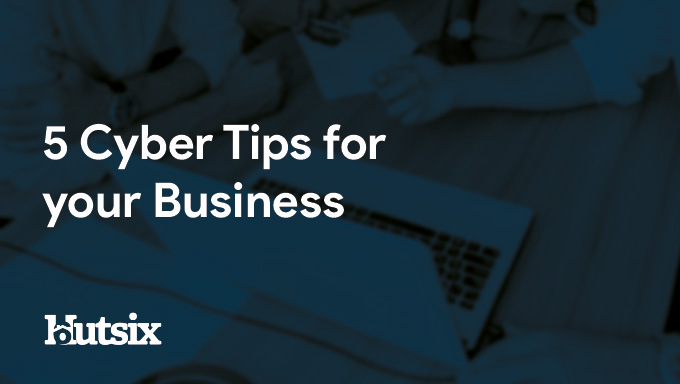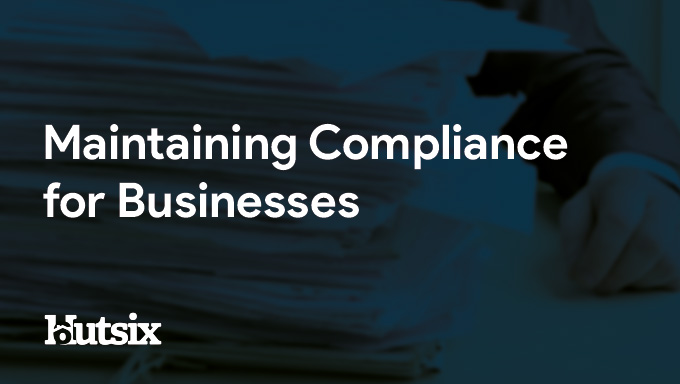For Which Businesses is Cyber Essentials Mandatory?
What is Cyber Essentials?
Cyber Essentials is a UK government-backed cybersecurity certification scheme that aims to help organisations protect themselves from common cyber threats. The scheme is designed to provide a basic, yet effective, set of measures that organisations can implement to secure their IT systems and data.
The Cyber Essentials scheme is based on five key areas of cybersecurity:
- boundary firewalls and internet gateways,
- secure configuration,
- user access control,
- malware protection, and
- patch management.
These areas represent some of the most basic, yet critical, steps an organisation can take to secure their IT systems and reduce the risk of cyber-attacks.
Organisations can achieve Cyber Essentials certification by undergoing an independent assessment of their cybersecurity measures against a set of defined criteria. If the assessment is successful, the organisation will receive a Cyber Essentials certificate that demonstrates that they have implemented a baseline of cybersecurity measures to protect against common cyber threats.
Overall, Cyber Essentials is an important initiative that provides a practical and cost-effective way for organisations to improve their cybersecurity posture and protect themselves against common cyber threats.
Ready to start your journey to becoming compliant?
We can help you - let's have a chat.
Is Cyber Essentials Mandatory for all Businesses?
While Cyber Essentials is not mandatory for all businesses, it is highly recommended as a best practice for all organisations, of any size, in any sector, that wish to improve their cybersecurity posture and protect themselves against some of the most common cyber and information security threats, such as phishing and malware.
Cyber Essentials is mandatory for some organisations that want to bid for certain government contracts that involve the handling of sensitive and personal information.
The UK government requires that all suppliers bidding for central government contracts that involve the handling of sensitive and personal information must be Cyber Essentials certified. This requirement applies to both prime contractors and subcontractors.
In addition, some private sector organisations may also require their suppliers to be Cyber Essentials certified as part of their procurement process. This is becoming increasingly common as businesses seek to ensure that their supply chains are secure and resilient to cyber-attacks.
Is Cyber Essentials Important?
With 39% of UK businesses identifying a cyber-attack in the last twelve months, Cyber Essentials is primarily important as it allows organisations protect themselves from common online threats.
By achieving Cyber Essentials certification, organisations demonstrate that they have implemented a broad, and well-regarded standard of cybersecurity measures to protect their IT systems and data from cyber-attacks.
Focusing on five key areas of cybersecurity (boundary firewalls and internet gateways, secure configuration, user access control, malware protection, and patch management), these areas represent some of the most basic but critical steps an organisation can take to secure its IT systems.
By implementing these measures and achieving Cyber Essentials certification, organisations can demonstrate to their customers, partners, and stakeholders that they take cybersecurity seriously and have taken steps to protect against common cyber threats.
Cyber Essentials certification can also help organisations win new business, as it is often a requirement for government contracts and is increasingly being demanded and expected by private sector organisations as well.
In summary, Cyber Essentials is important because it provides a practical, cost-effective way for organisations to improve their information and cyber security standards and protect against common online threats. Beyond this, achieving certification can also help organisations build trust with their stakeholders, win new business, and demonstrate their commitment to protecting sensitive information.
Security Awareness for your Organisation
Enjoyed our blog? Learn more about how Hut Six can help improve you security awareness with training and simulated phishing. Start a free trial now, or book a meeting with one of our experts.
Featured
Who Does GDPR Apply To?
Who Does GDPR Apply To? And Other Data Protection Questions/ Information Security blog by Information security awareness provider Hut Six Security.
Does ChatGPT Pose a Cybersecurity Risk
In this blog post, we explore whether AI chatbots like ChatGPT pose a cybersecurity risk. We delve into the potential vulnerabilities and threats posed by chatbots, and discuss measures that can be taken to mitigate these risks. Read on to discover how you can ensure the security of your organisation's chatbot interactions.
How Do I Get Cyber Essentials Certified?
Learn how to obtain Cyber Essentials certification and enhance your organization's cybersecurity posture with our comprehensive guide. Our expert insights will help you navigate the certification process to meet the requirements for Cyber Essentials.
Essential Steps for Security Awareness Training
Starting a security awareness training campaign? Here are 5 essential steps to help ensure information security success.
Malicious Insider Threats - Meaning & Examples
Malicious insider threats can cause massive problems. Here we examine some of the motivations behind attacks and methods of detection organisations can use to reduce risk.
5 Biggest Breaches of 2022 (So Far)
Five of the biggest and most significant data breaches, hacks, and information security attacks of 2022 (so far).
Auditing for GDPR Compliance
Questions to consider when auditing your business or SME for General Data Protection Regulation (GDPR) compliance.
Improving Employee Cyber Security
With human error responsible for many breaches and attacks, we offer some helpful areas for improving employee security compliance.
5 Cyber Tips for your Business
Essential cyber tips for helping your business or SME improve information and cyber security.
The Benefits Of Maintaining Compliance For Your Business
By maintaining compliance for your business you can ensure operational efficiency, reduce financial risk, enhance public trust, engage your employees and realise your mission.



